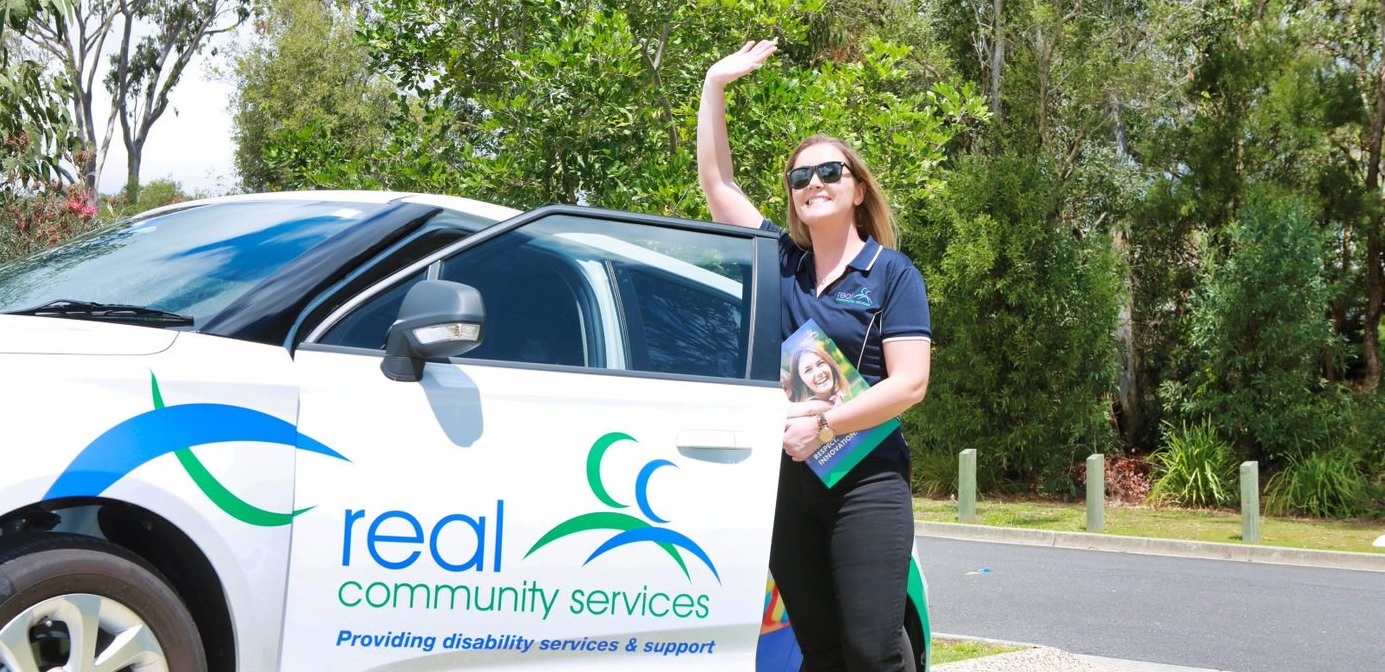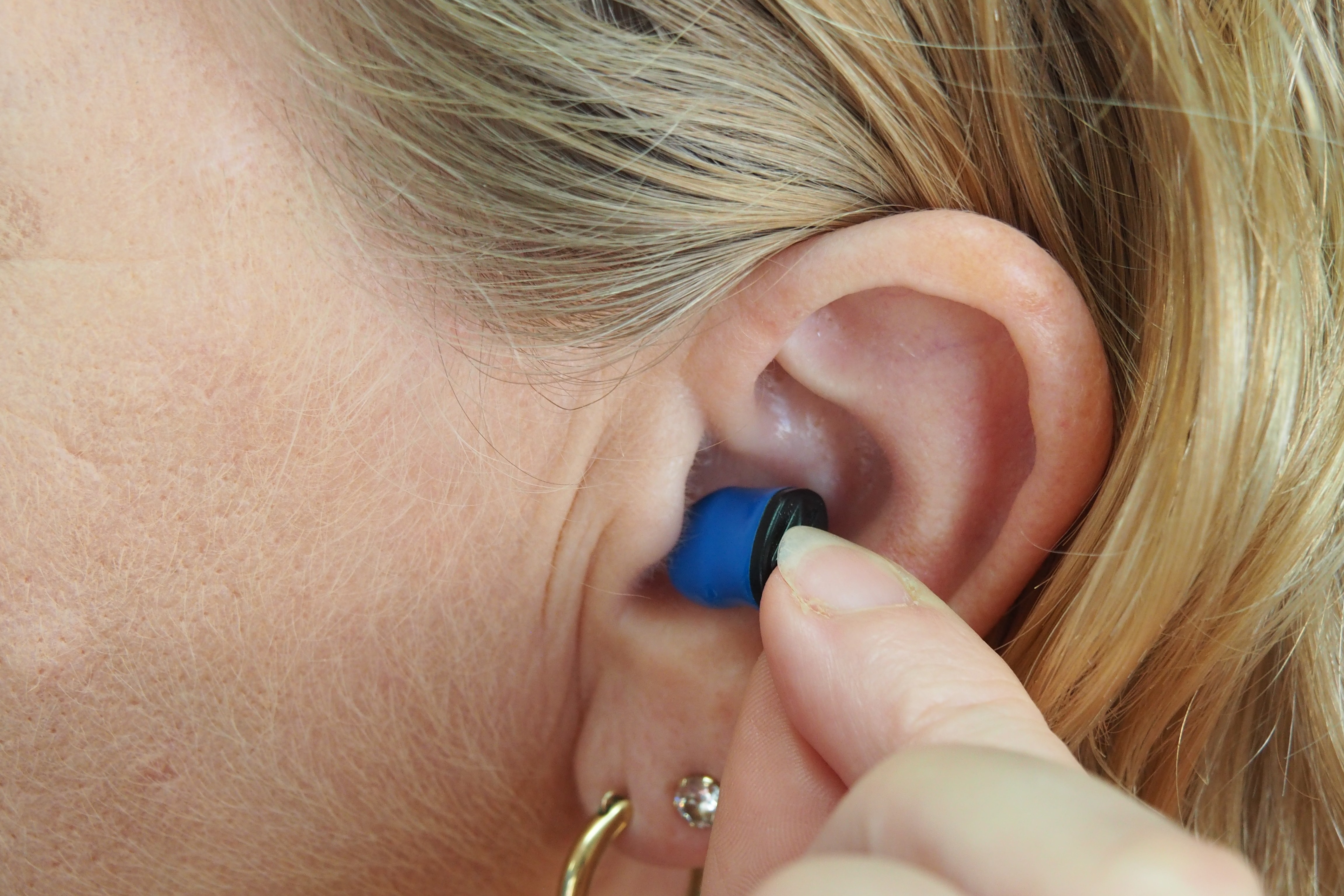Registered nursing services play a vital role to supporting families and carer’s, providing comprehensive assessments, plan development, and ongoing support to individuals with various medical conditions. We will explore the importance of registered nursing services in delivering effective care for specific health concerns such as the implementation of diabetic management plans, epilepsy seizure monitoring, dysphagia support, catheter care, wound and pressure care, tracheostomy maintenance, respiratory equipment utilization, and nutrition support.
Implementation of Diabetic Management Plans
Registered nurses are trained to monitor blood glucose levels, administer insulin, and educate patients on proper self-care. They play a crucial role in implementing diabetic management plans, ensuring patients adhere to medication schedules, and offering lifestyle recommendations to maintain optimal blood sugar levels.
Epilepsy Seizure Monitoring
Registered nurses are equipped to recognize and respond to seizure activity promptly. They provide continuous monitoring, administer prescribed medications, and offer support to patients and their families in managing epilepsy. Their expertise in seizure management ensures a safe environment and reduces the risk of complications.
Dysphagia Support and Management:
Registered nursing services are essential in developing and implementing oral eating and drinking care plans for individuals with dysphagia. They assist with the administration of thickening agents, monitor swallowing abilities, and collaborate with speech therapists and dietitians to ensure proper nutrition and reduce the risk of aspiration.
Catheter Care
Registered nurses are skilled in catheter insertion, removal, and maintenance. They ensure proper hygiene, prevent infections, and monitor urinary output. Their expertise is crucial in minimizing discomfort and complications related to catheterization.
Wound and Pressure Care
Registered nursing services excel in wound assessment, dressing changes, and pressure ulcer prevention. They provide specialized care, monitor healing progress, and educate patients on proper wound management techniques.
Tracheostomy Maintenance
Registered nurses are well-versed in tracheostomy care, including the insertion, removal, and change of tracheostomy tubes. They ensure airway patency, provide suctioning when necessary, and educate patients and caregivers on tracheostomy management.
Respiratory Equipment Utilisation
Registered nursing services support patients in utilising respiratory equipment effectively. They educate patients on the proper use of devices such as ventilators, oxygen concentrators, and nebulizers, and monitor respiratory function to ensure optimal outcomes.
Nutrition Support, including PEG Maintenance and Care
Registered nurses are instrumental in providing nutrition support, including the maintenance and care of percutaneous endoscopic gastrostomy (PEG) tubes. They ensure proper placement, administer feedings, monitor for complications, and educate patients and caregivers on PEG tube care.
The role of registered nursing services cannot be overstated when it comes to providing comprehensive assessments, plan development, and ongoing support. They ensure that the entire team are included in communications to enhance health and wellbeing. This includes the participants’ usual GP, Allied Health teams and their Support Coordinators so that we are managing disability health related supports optimally to achieve outcomes that are meaningful to the participant.

















